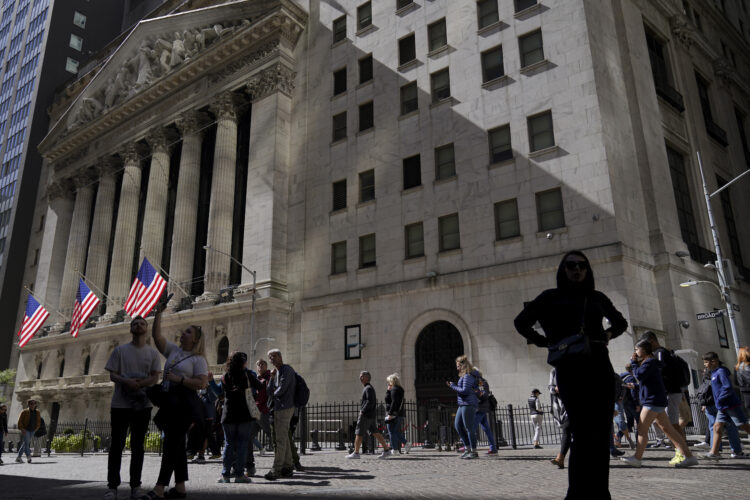S&P Global, one of the world’s largest raters of corporate debt, announced it will no longer include corporate environmental, social and governance (ESG) scores in its debt ratings. After facing monumental scrutiny over the practice – including political bias – the credit rating agency ditched its monitoring and rating of companies according to their ESG efforts.
Since 2021, S&P implemented ESG ratings on a scale of 1 to 5 prompting companies to submit to the agency’s pressures as they treaded lightly to comply and abide by what was deemed appropriate by the scale. Since ESG ratings were heavily implemented when assessing “credit quality,” many U.S. companies jumped through hoops to abide by S&P’s standards, losing connection with the average American consumer in the process — along with millions of dollars.
To better define ESG, Forbes compared the guidelines as a type of financial investing where factors beyond financial considerations are taken into account. Companies are scored by fund managers based on varying and undefined factors.
Learn the benefits of becoming a Valuetainment Member and subscribe today!
Major corporations like Bud Light, Nike and Target felt the need to oversaturate diversity, equity and inclusion (DEI) factors, or environmentally friendly guidelines in order to continue receiving financial investments.
Is Larry Fink more powerful than the President of 🇺🇸?
ESG has its hands in almost every industry. pic.twitter.com/V9mP0UfuUM
— Patrick Bet-David (@patrickbetdavid) August 8, 2023
Although companies already made efforts to check the “inclusion” box of DEI factors — connecting with Americans no matter the gender, race or social circles — ESG ratings added another ‘big brother’ element that backfired and ultimately hurt businesses. According to The Washington Examiner, “The answer is simple: The rise of environmental, social, and corporate governance as the dominant strain of “stakeholder capitalism” has incentivized corporations to curry favor with ESG rating firms, even if it means alienating their consumers.”
They added: “Unlike traditional capitalism, which seeks to maximize profits by serving consumers, the ESG model seeks to “improve” capitalism by considering other stakeholders besides investors and consumers.”
The battle on whether ESG is economically beneficial for corporations and stakeholders alike is predicted to become a major topic of discussion for the 2024 presidential election.
S&P Global said the decision would take effect “immediately.”
WATCH: Patrick Bet-David and Joe Rogan discuss BlackRock’s Influence and ESG ratings:


















Add comment